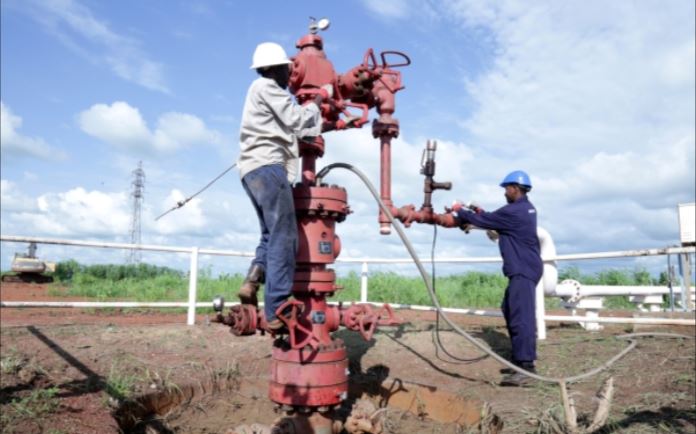×
The Standard e-Paper
Smart Minds Choose Us

South Sudan has resumed pumping 20,000 barrels per day (bpd) of crude from the Toma South oilfield, where production had been suspended since 2013, the Sudanese oil minister Azhari Abdulqader said.
Production at five of the previously suspended oilfields was expected to reach 80,000 bpd after maintenance work is completed by the end of the year, Abdulqader told a news conference in Khartoum.